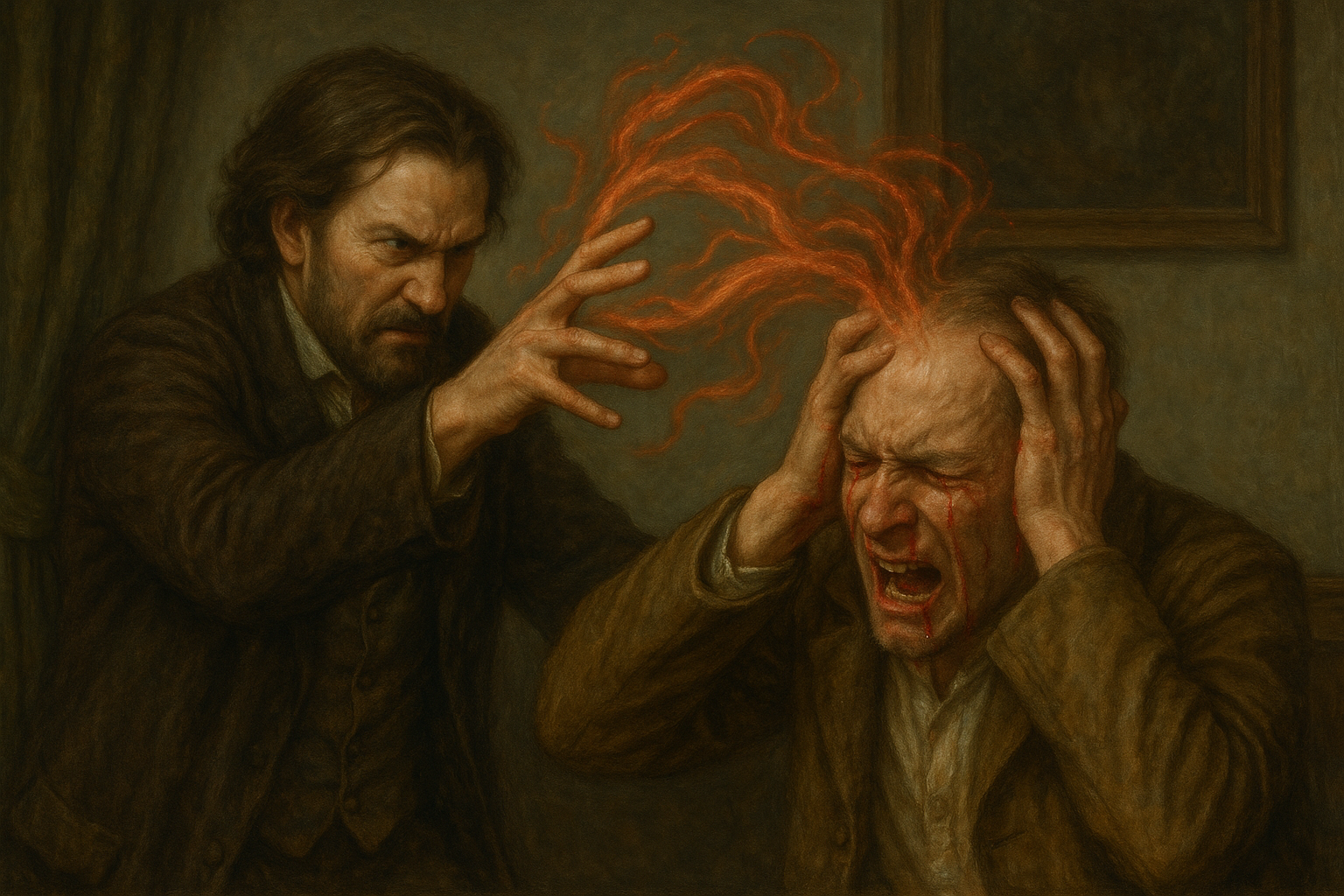
Specializations:
in Studying Magick:"To name a flame is to give it voice; to wield it without reverence is to give it teeth. Every spell is a mirror, stare too long, and the Arcane will learn your face."
Magick is universal in origin, yet deeply personal in expression. All forms of arcane power in Everwealth trace back to the The Arcane, the invisible current that threads through all matter, life, and thought. But while its source is singular, its manifestations are anything but. Across the kingdom, spellcasters, oft-called mages by the uneducated masses though an archaic cultural term as scholars today categorize general users of magick as 'sorcerers'; Shape this force into wildly different forms, bound not by the laws of nature, but by their own will, beliefs, and the traditions through which they channel their power. This divergence has given rise to what are called Magickal Specializations, functional roles or archetypes of arcane practice that, while not rigid schools in themselves, offer a window into how deeply magick is shaped by the caster’s perception. A Pyromancer and an Evoker may both call forth flame, but the Pyromancer studies fire as a living entity, coaxing and conversing with it like an old friend, while the Evoker wields it as raw artillery, a weapon to be aimed and fired. Both summon the same inferno. The difference lies in how, and why, they do. Titles like Cleric, Mage-Smith, Illusionist, or Lich are not just job descriptions; they are identity, methodology, and philosophy entwined. A Cleric invokes divine resonance through faith, healing wounds by aligning flesh with sacred domains, often identical in result to a secular healer who uses The Arcane Coalition's power filtered through anatomy and potionmaking. A Paladin and a Magus may both wreathe their swords in force or flame, but the former sees the act as righteous oath in motion, while the latter frames it as self-enhancement through energetic augmentation. Even The Scholar's Guild classifies these expressions not as distinct kinds of magick, but as interpretive forms: different ways of seeing the same current and shaping it into function. This malleability speaks to a deeper truth that few openly acknowledge, the Arcane is not beholden to any one structure, spell, or school. It simply is. And so long as it exists, it will take as many forms as there are hands to wield it and minds to give it purpose.
World Codex
Timelines
All writing and lore by author Patrick Enger; All art done by Chat-GPT (for now).
